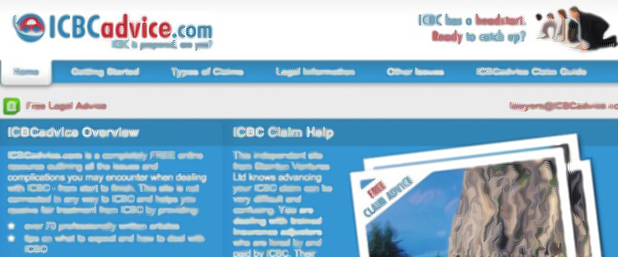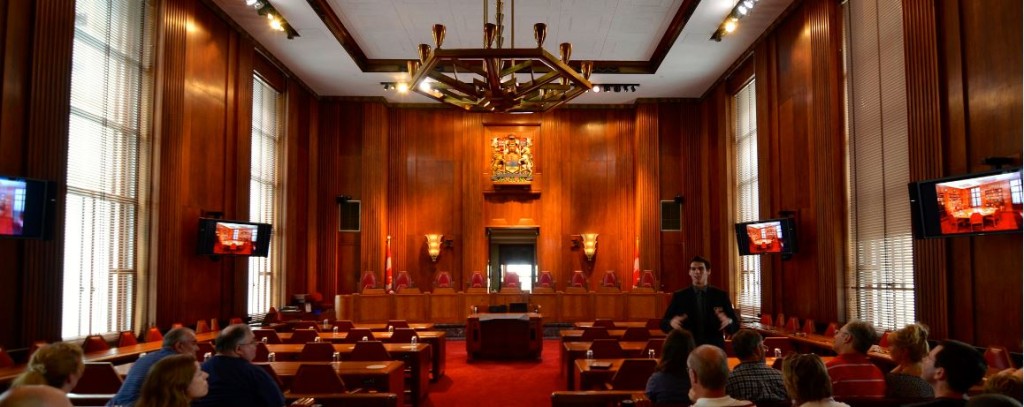Eric Goodman Interviewed by Huffington Post on $1.5 Million Brain Injury Award
Posted on by Mussio Goodman
A recent case in the British Columbia Supreme Court has made headlines across the province. Colloquially referred to as the “Dominatrix Case”, the lawsuit involved a young girl who, after suffering a moderate brain injury in a motor vehicle accident, went on to pursue a career as a sexual dominatrix.
The Court found that the brain injury she sustained dampened her ability to make wise and low-risk life choices, and was therefore responsible for her foray into this rather taboo profession.
The Huffington Post recently featured the case and interviewed the Plaintiff at length. The article also discussed the broader implications of the Court’s decision, during which Eric Goodman provided the following analysis:
Cases where someone must show how an injury compelled a job switch after an accident usually involve heavy labourers forced into more sedentary work, said Eric Goodman, a personal injury lawyer based in Vancouver.
“This case further affirms the prevailing medical wisdom that even a mild traumatic brain injury can dramatically change one’s personality and decision making processes, often permanently and with far-reaching negative effects on one’s quality of life and earning capacity,” he told HuffPost B.C.
Goodman applauded the court for disregarding Afonina’s pre-accident teen “quirks” and focusing instead on evidence that she had a bright and prosperous future ahead of her before the crash.
“It was heartening to see the court refuse to judge the book by its cover,” said Goodman.



